Philip Gould
WHEN I DIE
Lessons from the Death Zone
To all the staff at the Royal Marsden Hospital, London and the Royal Victoria Infirmary, Newcastle
DR JERVOISE ANDREYEV Consultant gastroenterologist at the Royal Marsden Hospital who has done extensive work dealing with the side effects of cancer treatment.
DR MURRAY F. BRENNAN Leading cancer surgeon at the Memorial Sloan-Kettering Cancer Center in New York City.
DR CRAIG CARR Consultant in intensive care at the Royal Marsden Hospital.
PROFESSOR DAVID CUNNINGHAM World renowned oncologist and head of the gastro-intestinal unit at the Royal Marsden Hospital.
DR ALISTAIR GASCOIGNE Head of intensive care at the Royal Victoria Infirmary, Newcastle.
DR CONOR GILLAN Anaesthetist at the Royal Victoria Infirmary, Newcastle.
DR KAZIMIERZ MOCHLINSKI Medical oncologist, specialising in gastro-intestinal cancers at the Royal Marsden Hospital.
MR SATVINDER MUDAN Consultant surgeon and surgical oncologist at the Royal Marsden Hospital.
DR MAURICE SLEVIN Consultant medical oncologist based in London.
DR DAVID STURGEON Consultant to the University College London Psychology Therapies Service, specialising in issues arising from death and dying.
DR DIANA TAIT Consultant clinical oncologist at the Royal Marsden Hospital.

Image Adrian Steirn
I first met Philip Gould on 15 June 2011. James Harding, the editor of The Times, and I arrived at his house near Regents Park expecting to find a man on the edge of death. In fact we found someone full of life, who had that very day been given hope that he might have as long as another eighteen months to live. He was cheerful and gregarious and looking forward to a holiday in Italy with his wife, Gail Rebuck.
We had come because he had written the long and detailed account of his treatment for cancer of the oesophagus that makes up the early chapters of this book. He was keen that it should receive as wide an audience as possible. At more than twenty thousand words it was a difficult proposition too long for conventional serialisation, too short for a book but he wanted The Times to publish it. What he had written was so powerful that James decided to print every word, four pages a day for a week.
We settled on trying to give each instalment a cliff-hanging end, so people would want to return the next day to find out what happened next. Philip enjoyed this idea of treating his work almost as if it were a thriller. We decided to call the series The Unfinished Life, thereby giving a nod to Philips magisterial political book, The Unfinished Revolution.
Philip took a very active part in the serialisation, bombarding us with emails, insisting on writing all the picture captions and reading all the proofs. He and Gail also gave a moving interview to Janice Turner for The Times Magazine.
The serial was extremely well received and readers of The Times left Philip in no doubt of their appreciation. The message boards and our letters department were inundated.
Philip departed on his holiday a couple of weeks later, planning to add another twenty pages to a new edition of The Unfinished Revolution. In fact he provided another 140 as he brought the book up to date.
We agreed to serialise that too and every now and then he and I would exchange emails about his progress. In September the proofs arrived, but by then it was clear that Philips cancer had returned.
This in no way diluted his enthusiasm for the new project. Once again he wanted to be involved at every level, arguing with me about the headlines and nagging us relentlessly to make sure his message was put across accurately. He also talked about his plans to continue the work he had begun with The Unfinished Life, to write an account not only of his cancer but also the next phase of his treatment and the growing certainty of his own death.
He describes in these pages how at first he could find no purpose in knowing that he was about to die, a terrible moment for someone whose life had been built on the idea of having goals and creating the strategies to achieve them. But then he found that purpose: writing and talking about confronting death in ways that would not only comfort his family but help strangers too.
When he and his great friend Alastair Campbell were planning political campaigns they had a saying: Strategy is not strategy unless it is written down. Philips new strategy was to deal with his own imminent death. And so he wanted to write it down. Naturally the newspaper wanted to know more about this too, so he and I began to exchange emails again, this time with me doing the nagging.
But his illness and its treatment were not so obliging now. Philip entered the Death Zone, as he put it, and although he was still writing, the words did not come as quickly as they had done before.
He also gave some remarkable interviews. In one with Andrew Marr for the BBC on 18 September he spoke frankly about his cancer and its likely outcome. He talked about being in the Death Zone and his calmly courageous acceptance of his imminent death caused a considerable stir.
Two days later another interview appeared, this one by Simon Hattenstone in the Guardian. Again Philip spoke honestly about his illness, and he made the point forcibly that he had accepted death and was ready for it.
Philips frankness in these interviews was disconcerting for his family both had been given to publicise the republication of The Unfinished Revolution, not his illness but it was also becoming clear that he was very determined to be outspoken about dying.
Amid all the treatment, and the debilitating effects of the illness itself, Philip continued to write, and if his words lacked the polish of his earlier efforts they were certainly not short of passion.
Towards the end of October he gave two long interviews to Adrian Steirn, an Australian photographer and film-maker who had been commissioned to make a short film about Philip. Adrian and his team also arranged to go with Philip to Highgate Cemetery to take the picture of Philip at his own graveside which can be found on the dust jacket of this book.
The two interviews Adrian filmed provided the material that makes up the bulk of the chapter called The Death Zone. I have adapted them using Philips notes and writings. He had barely a week to live as he spoke, but his energy seemed limitless and his thinking clear.
Philip continued writing until he could no longer use his laptop. He then started dictating his thoughts to Gail as she sat by his bedside in hospital. He outlined his ideas on the structure the book should have and listed chapter headings. Some of this material is understandably fragmented, but I have preserved as much of it as possible.
Once Philip entered intensive care five days before his death, only three people had continuous access to him, although he saw visitors and emailed and texted friends. Georgia Gould, Philips elder daughter, undertook the difficult job of describing those last days in her chapter of this book. Grace Gould has provided a snapshot of her relationship with her father and Gail Rebuck surveys in a postscript the four-year history of Philips illness and this books origins. The last word is left to Alastair Campbell, whose email to his closest friend in politics was read to Philip a few hours before he died and again at the funeral service.
Although his life was suffused with the world of British politics, particularly the Labour Party, no political affiliations are required to appreciate Philip Gould the man. He had in abundance one of lifes most underrated qualities: enthusiasm. His sense that things

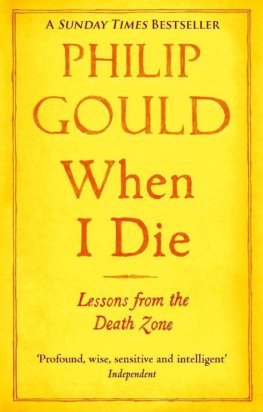
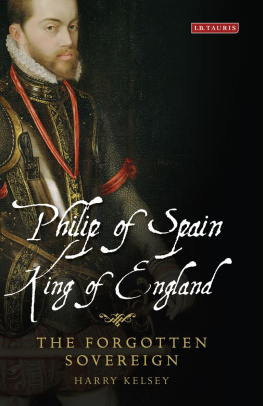
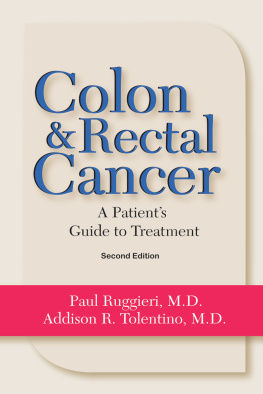

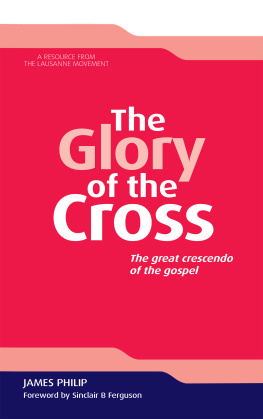
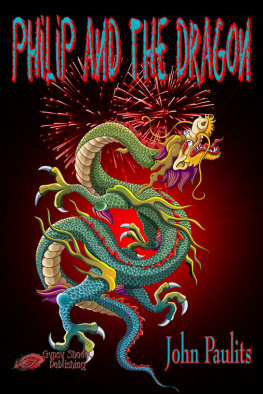
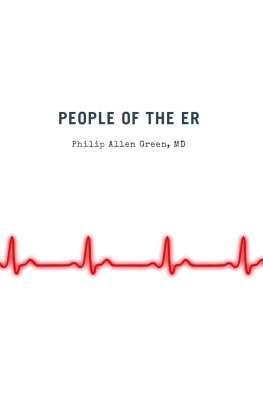
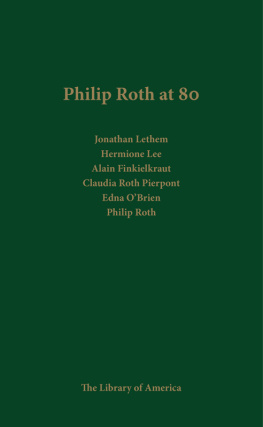
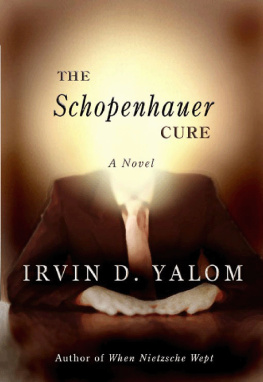
 Image Adrian Steirn
Image Adrian Steirn